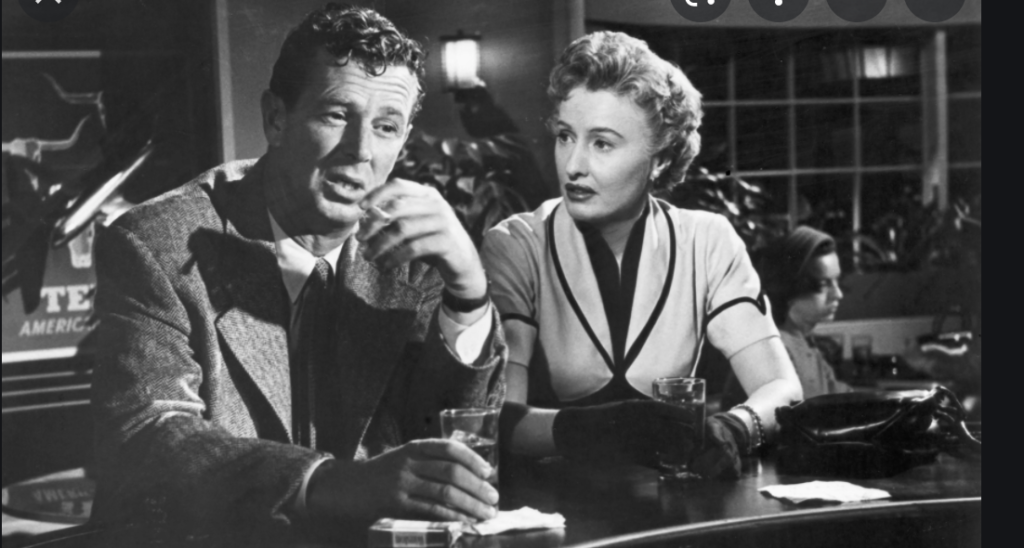Who is to say that any two apparently disparate thoughts or works of art cannot yield meaningful parallels? With no a priori intention to create or find connections between them, I watched two movies this weekend that shared a preoccupation with the conflict that arises when morality is tested by the demands of loyalty, specifically the loyalty of the family bond.
Separate LIes, directed by , and Before and After, by , can be interestingly contrasted not only for how the two stories (both films are based on novels), and the films that result, are constructed (setting, emphases, time period, etc.) to interrogate the aforementioned theme, but for how successful each film is, qua film, and how each betrays what I would suggest are tendencies of British vs. American film.
These are not recent films. SL is from 2005, and BA was made a decade earlier than that. Given timelessness as a desirable trait in a film, BA is more noticeably disadvantaged, mindlessly employing many of the stock tropes of American ’90s filmmaking. These will be discussed later on. SL is more muscular, commonsensically British. More later on that too.
In BA one finds, most noticeably, the trope-centered model for American film and television. The examples are everywhere in this film, and in every case they substitute established and mutually agreed upon modes of feeling for authenticity. It is this partnership of agreed upon trope with agreed upon reaction in American tv and film that makes the viewer’s experience less a voyage of discovery than a recognition of and accommodation to a role.
Let’s count up a few of the more recognizable tropes in this film.
There is the trope of the aggrieved and overprotective father, blind to any suggestion of fault in a child accused of wrongdoing, prone even to an ennobling violence (glorified as a sign of undying love and devotion to his child). Liam Neeson can attribute much of his recent success to his ability to adapt to the cookie cutter roles of American movies.
There is the trope of the thoughtful, measured, hard-working mother, foil to the overprotective father (see above). Meryl Streep fills this role perfectly, bearing her many burdens with quiet, if not quite believable, grace. She is often, as here, the breadwinner, the rock that keeps the family together, the soft doe who works tirelessly to hone the rough edges of her less disciplined partner, who sees through his poor judgment and hasty decisions to the heart of gold within. If she raises her voice in anger, such protests are short-lived. When she feels the lawyer does not appreciate the
